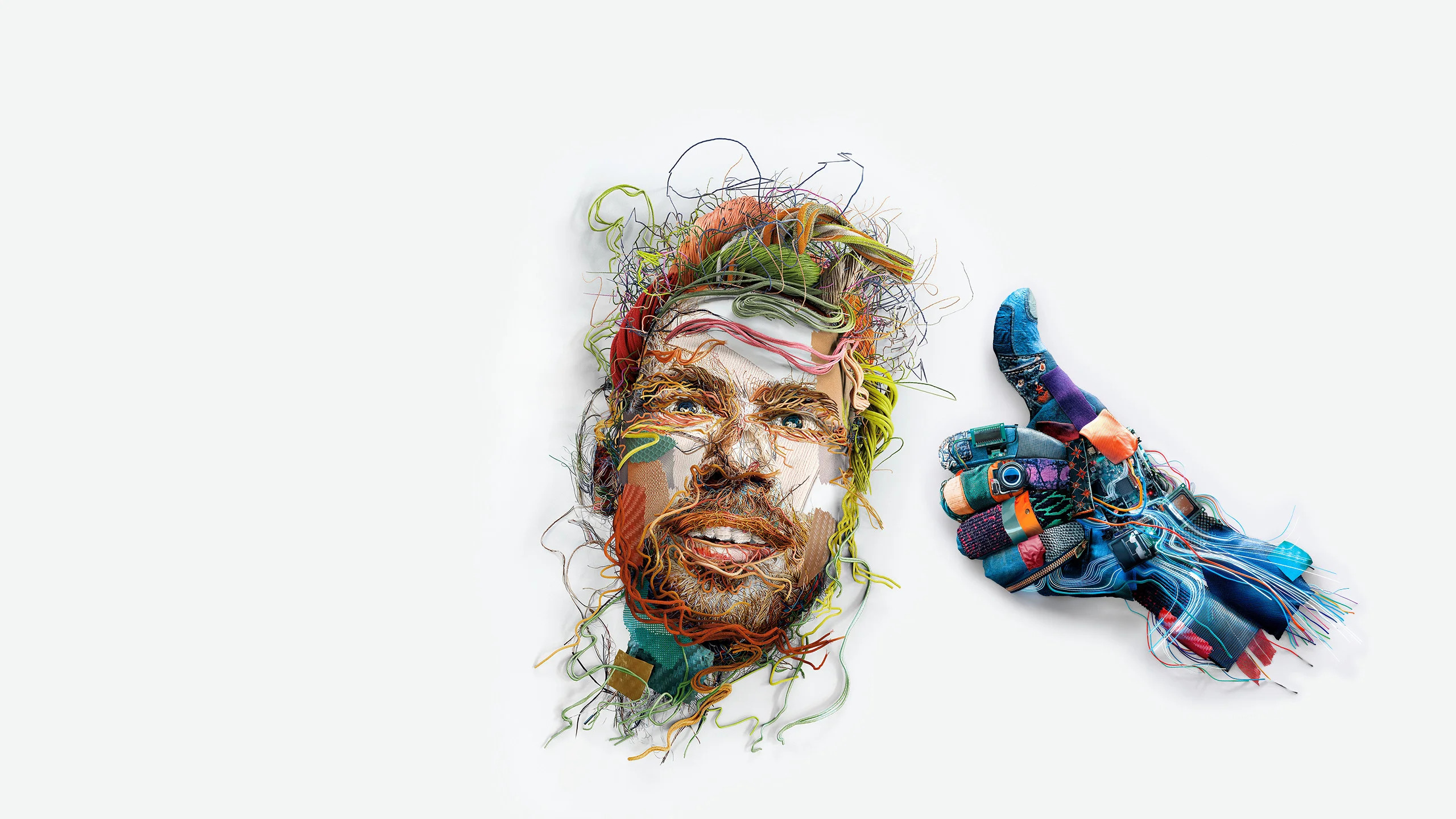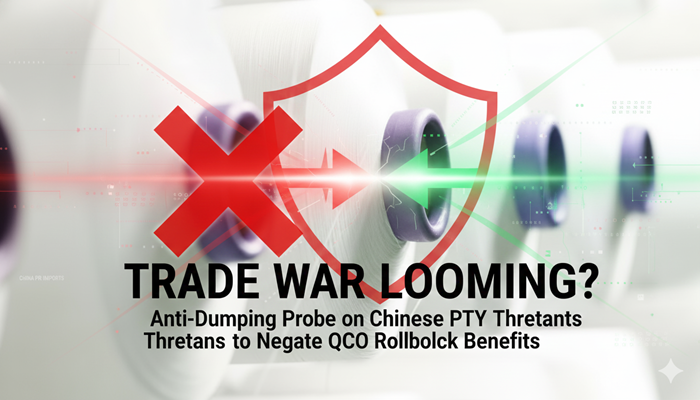The Brazilian office of C&A Foundation, Instituto C&A, is launching a “call for proposals” to find innovative initiatives to bring about systematic change in working conditions in Brazil’s fashion industry. C&A said as consumers become increasingly aware of the conditions in which fashion is made, demand for greater transparency has increased. Numerous brands and industry groups have begun to publicly disclose information such as the names and locations of suppliers they work with, working conditions and related safety information.
Giuliana Ortega, Executive Director of Instituto C&A announced, “We are looking for innovative ways to improve working conditions in the fashion industry in Brazil. Transparency can contribute a great deal by disseminating reliable and publicly accessible information and by encouraging accountability, making working conditions a priority in the sector.”
Transparency will only contribute to improving working conditions when publicly disclosed information is used to encourage accountability, C&A further said. With access to relevant data and information, stakeholders at all stages in the value chain can make choices that will improve conditions for garment workers.
The initial budget available for the call for proposals is $4,00,000, with a maximum of about $1,80,000 for each proposal, with up to three proposals to be chosen. Instituto C&A said a complex maze of production units, subcontracted factories and sourcing agents has emerged across various countries, including Brazil. Multiple stages between material sourcing, production and retail make the apparel supply chain opaque and leads to a complex international apparel industry where monitoring and tracing is challenged at all levels of production from the fields of cotton fields through to retail outlets.
The lack of transparency in the system has contributed to persistently poor working conditions and weak systems of accountability. Brands, buyers, governments and consumers are often unaware of how materials are sourced and the conditions under which items are produced. To address transparency in the fashion industry supply chain, the initiatives presented should develop or implement projects that give out public, accurate and credible sources of information and data on issues that directly or indirectly affect working conditions.












